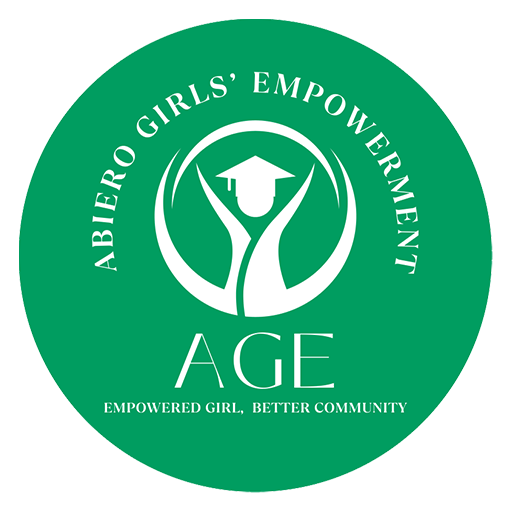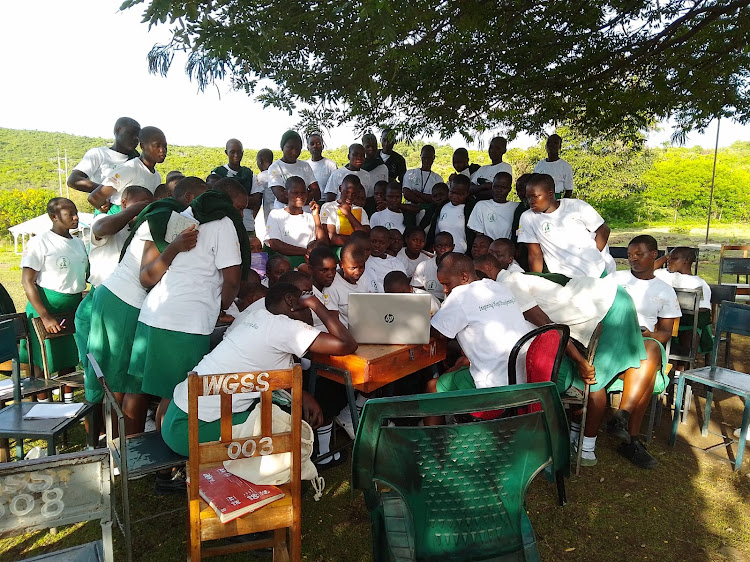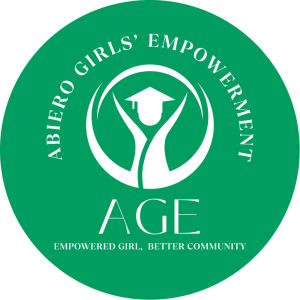Lobby rescues Suba girls, takes them back to classroom
If it’s the year 2024 in Nairobi, then it’s 1924 in Mfangano Island in Suba and Mbita in Homa Bay county. That’s what Lizz Mwemba believes. She is the programme management lead at Abiero Girls’ Empowerment, a charity focusing on rescuing young girls from adolescent pregnancy and taking them back to school. The society in Mfangano Island and Mbita has normalised the defiling of young girls, as tender as nine years old, by covering up for perpetrators. Some of the defilers are older than the girls’ fathers. Girls dropping out of school is acceptable here and early marriage has become the norm. Lisa Abiero, the founder of the charity, decided to do something about all this. Though married to someone from the island, she had not set foot on it until the death of her husband. While there, the pattern that condemned the girls from the remote and isolated island broke her heart. She then came up with the initiative to keep her husband’s memory alive. What is Abiero charity about and how did it come about? Abiero Girls’ Empowerment (AGE) is a registered community based organisation born out of the heartfelt need to support and uplift the lives of underprivileged girls living on Mfangano Island, an isolated region of Kenya. Our organisation is firmly rooted in the principle that education serves as a powerful vehicle to break the chains of poverty, foster equality and drive community development. It is our conviction that every girl deserves the chance to learn, grow and realise her full potential. Despite the steady global advancements and increased emphasis on girls’ education, the girls on Mfangano Island find themselves in a starkly different reality. They are trapped in an environment marked by deprivation, gender disparities, and limited opportunities for upward mobility. The primary avenue for formal education available to them is a single girls’ boarding school serving Suba subcounty and its surroundings. Unfortunately, the current state of Wasamo Girls’ Secondary School (the only girls’ boarding school on the island) is distressing. It lacks the necessary physical infrastructure to attract students, thereby limiting the primary to secondary school transition as well as retention. As a result, girls get married off at an early age and, consequently, experience socioeconomic vulnerabilities as single and young disempowered mothers. Furthermore, the school is alarmingly bereft of basic amenities necessary for holistic education such as toilets, a reliable power supply, a library, science laboratories and a dining area. This hinders the girls’ educational journey and undermines their well-being and academic performance. In addition, the lack of a sustainable feeding programme poses a significant challenge, as the school grapples with securing adequate food supplies, consequently affecting the girls’ nutrition, health and concentration in class. Enrolment currently stands at 69, an increase from 37 in June 2022 when the school was threatened with closure. These conditions inevitably discourage families from enrolling their daughters in the school, thereby reinforcing gender disparities and trapping girls in a relentless cycle of illiteracy, poverty and marginalisation. In the most extreme cases, economic pressures and social norms push young girls into early marriage, snatching away their chance of getting an education and leading independent lives What impact has it had so far on the lives of the girls? Abiero Girls’ Empowerment (AGE) is a registered community based organisation born out of the heartfelt need to support and uplift the lives of underprivileged girls living on Mfangano Island, an isolated region of Kenya. Our organisation is firmly rooted in the principle that education serves as a powerful vehicle to break the chains of poverty, foster equality and drive community development. It is our conviction that every girl deserves the chance to learn, grow and realise her full potential. Despite the steady global advancements and increased emphasis on girls’ education, the girls on Mfangano Island find themselves in a starkly different reality. They are trapped in an environment marked by deprivation, gender disparities, and limited opportunities for upward mobility. The primary avenue for formal education available to them is a single girls’ boarding school serving Suba subcounty and its surroundings. Unfortunately, the current state of Wasamo Girls’ Secondary School (the only girls’ boarding school on the island) is distressing. It lacks the necessary physical infrastructure to attract students, thereby limiting the primary to secondary school transition as well as retention. As a result, girls get married off at an early age and, consequently, experience socioeconomic vulnerabilities as single and young disempowered mothers. Furthermore, the school is alarmingly bereft of basic amenities necessary for holistic education such as toilets, a reliable power supply, a library, science laboratories and a dining area. This hinders the girls’ educational journey and undermines their well-being and academic performance. In addition, the lack of a sustainable feeding programme poses a significant challenge, as the school grapples with securing adequate food supplies, consequently affecting the girls’ nutrition, health and concentration in class. Enrolment currently stands at 69, an increase from 37 in June 2022 when the school was threatened with closure. These conditions inevitably discourage families from enrolling their daughters in the school, thereby reinforcing gender disparities and trapping girls in a relentless cycle of illiteracy, poverty and marginalisation. In the most extreme cases, economic pressures and social norms push young girls into early marriage, snatching away their chance of getting an education and leading independent lives Why focus on girls only yet boys are also affected by other factors impeding their access to education? We focus on girls’ education and empowerment because we recognise the unique challenges and barriers the girls on the island are facing. Cases of child marriage, adolescent pregnancies and sexual and gender-based violence against girls are high. High poverty levels and low literacy levels on the island further exacerbate the situation and squarely affect girls from poor backgrounds. As the community continues to tackle these issues, it goes without saying that these same girls need further guidance and psychosocial support. Early marriage, adolescent pregnancies, sexual and gender-based violence and cultural biases


